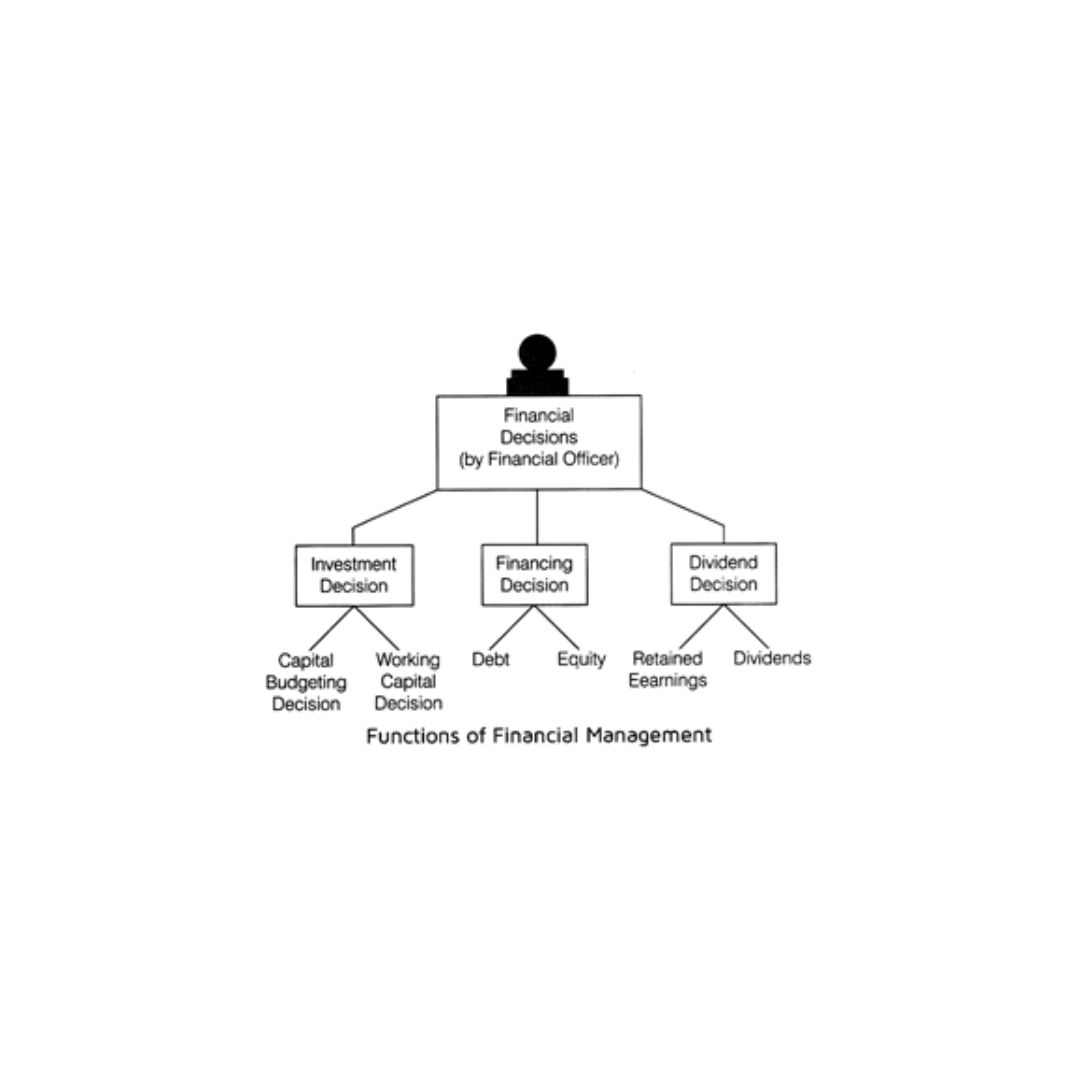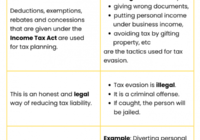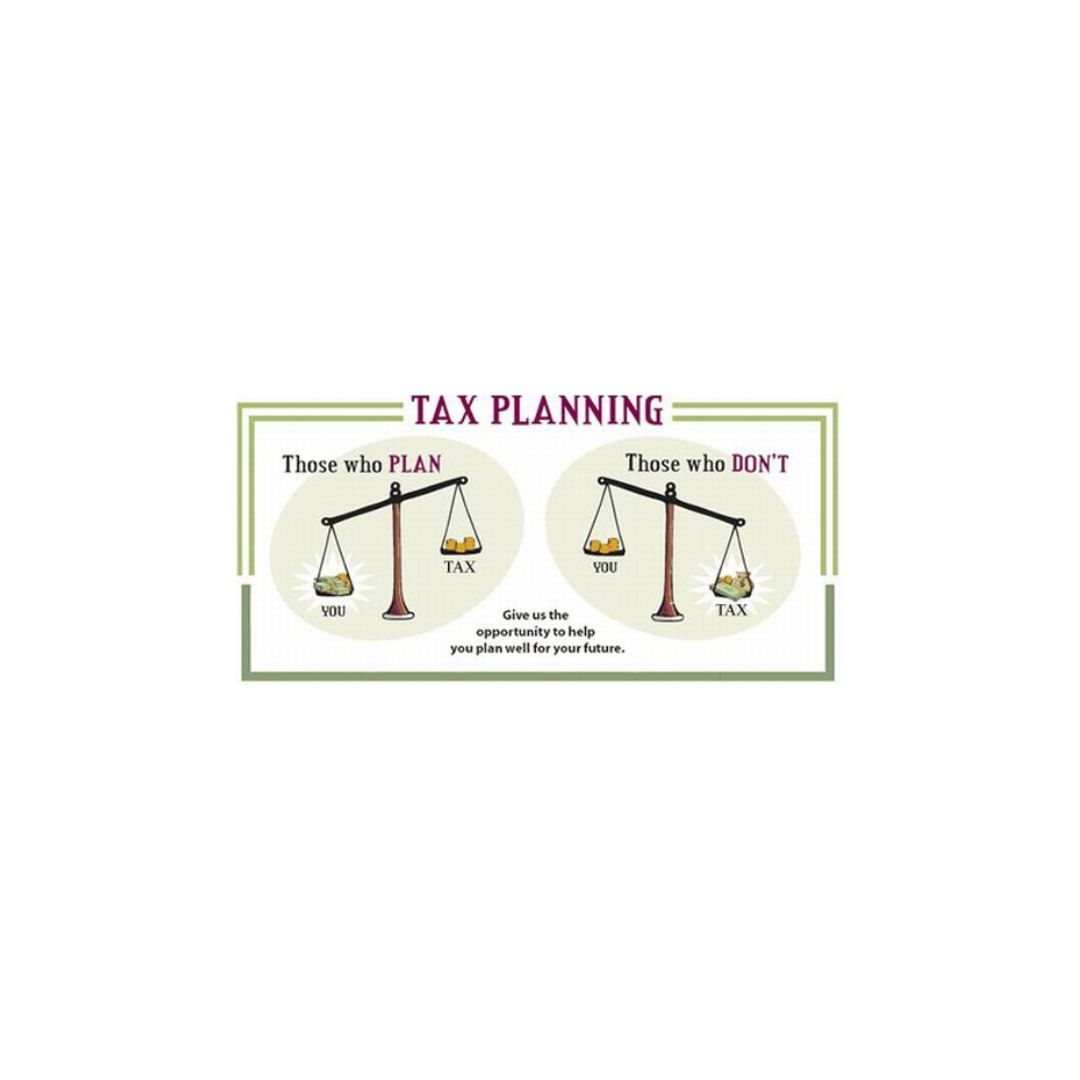What is a fund certificate?
Fund certificate definition Fund certificate definition: A fund certificate refers to a document that certifies an individual’s or entity’s ownership or investment in a specific fund. It serves as proof of participation in the fund and confirms the entitlement to the benefits, rights, or shares associated with that particular fund. Fund certificate definition A fund… Read More »









